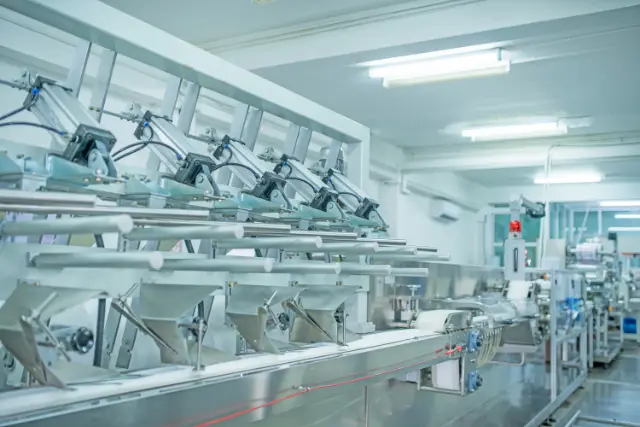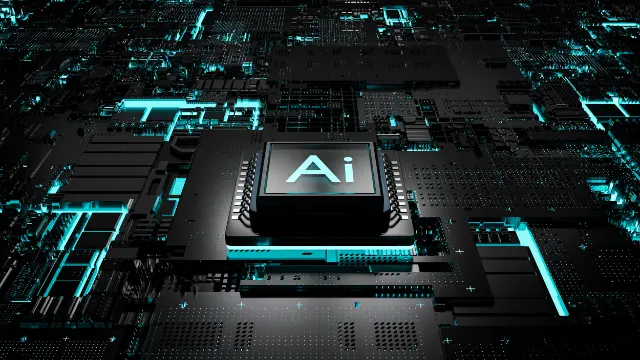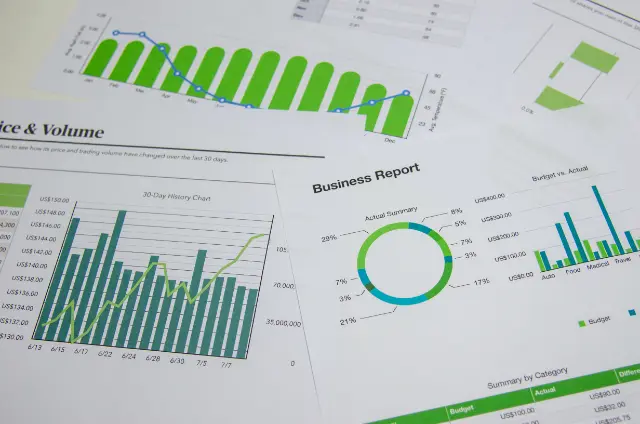Recipe Management Automation: A Key Ingredient for Food Industry Success
In the fast-paced and competitive food manufacturing industry, maintaining consistent product quality and adhering to strict food safety regulations is paramount. Recipe management plays a crucial role in ensuring the accuracy, efficiency, and compliance of food production processes. However, manual recipe management can be time-consuming, error-prone, and challenging to scale.
Recipe Management Automation: The Solution
Recipe Management Automation using Python, AI, and cloud-based solutions offers a transformative approach to recipe management, streamlining processes and empowering food manufacturers to achieve operational excellence. By automating recipe updates, version control, and quality checks, manufacturers can:
- Enhance product quality: Ensure consistent adherence to recipes, reducing the risk of errors and maintaining product integrity.
- Improve efficiency: Automate repetitive tasks, freeing up valuable time for innovation and growth.
- Strengthen compliance: Comply effortlessly with food safety regulations, ensuring transparency and traceability throughout the production process.

Python, AI, and Cloud: The Power Trio for Recipe Management Automation
Python, AI, and cloud-based solutions form a synergistic trio that empowers manufacturers to achieve unprecedented levels of automation and efficiency in recipe management.
Python: The Foundation for Automation
Python’s versatility and extensive library support make it the ideal language for developing both unattended and attended bots for recipe management automation.
Unattended Bots: Python scripts can be deployed as unattended bots, running autonomously in the background to perform repetitive tasks such as:
- Monitoring recipe updates and version changes
- Verifying recipe compliance with food safety regulations
- Generating reports and notifications
Attended Bots: Attended bots provide real-time assistance to human operators, enhancing their productivity and accuracy. Python’s ability to integrate with various applications and systems allows for the development of attended bots that:
- Guide operators through complex recipe execution steps
- Provide instant access to recipe information and documentation
- Capture and validate operator inputs
Cloud Platforms: Orchestrating Automation
Cloud platforms offer a comprehensive suite of services that far surpass the capabilities of traditional RPA/workflow tools orchestrators. These platforms provide:
- Scalability: Handle large volumes of data and complex automation processes with ease.
- Reliability: Ensure high availability and minimize downtime, ensuring uninterrupted production.
- Security: Comply with industry regulations and protect sensitive recipe data.
- Analytics: Provide insights into automation performance and identify areas for improvement.
AI: Enhancing Accuracy and Intelligence
AI techniques such as image recognition, natural language processing (NLP), and generative AI can significantly enhance the accuracy and capabilities of recipe management automation:
- Image recognition: Identify and classify ingredients, ensuring proper portioning and reducing errors.
- NLP: Extract and interpret recipe data from various sources, such as manuals and spreadsheets.
- Generative AI: Generate new recipes or modify existing ones based on specific criteria, such as dietary restrictions or target nutrient profiles.
By leveraging the power of Python, AI, and cloud platforms, food manufacturers can unlock the full potential of recipe management automation, driving efficiency, accuracy, and compliance in their production processes.

Building the Recipe Management Automation with Python and Cloud
Process Analysis and Automation
Recipe management automation involves several key subprocesses:
- Recipe Creation and Modification: Automate the creation of new recipes and the modification of existing ones, ensuring accuracy and consistency.
- Version Control: Track and manage different versions of recipes, allowing for easy rollback and comparison.
- Quality Checks: Implement automated checks to verify recipe compliance with food safety regulations and product specifications.
- Production Monitoring: Monitor production processes in real-time, comparing actual data against recipe specifications and triggering alerts when deviations occur.
Python and Cloud Implementation
Python scripts can be deployed on cloud platforms to automate these subprocesses:
- Recipe Creation and Modification: Python scripts can interface with recipe management systems to create and modify recipes, extracting data from spreadsheets, databases, or other sources.
- Version Control: Cloud platforms provide version control capabilities, allowing users to track changes, revert to previous versions, and compare different versions of recipes.
- Quality Checks: Python scripts can be used to perform data validation, ensuring that recipe ingredients, proportions, and instructions meet specified criteria.
- Production Monitoring: Cloud-based monitoring tools can be integrated with production systems to collect real-time data, which can be analyzed by Python scripts to identify deviations and trigger alerts.
Data Security and Compliance
Data security and compliance are paramount in the food manufacturing industry. Cloud platforms offer robust security features, such as encryption, access control, and audit logging, to protect sensitive recipe data. Python scripts can be configured to comply with industry regulations and standards, ensuring that recipe management automation adheres to the highest levels of security.
Advantages of Python over No-Code RPA/Workflow Tools
Algorythum takes a Python-based approach to recipe management automation because it offers several advantages over pre-built RPA/workflow tools:
- Customization: Python allows for the development of highly customized automation solutions tailored to specific manufacturing processes and requirements.
- Flexibility: Python scripts can be easily modified and extended to accommodate changing business needs or new regulations.
- Scalability: Python-based automation can be scaled to handle large volumes of data and complex processes, ensuring efficiency and reliability.
In contrast, no-code RPA/workflow tools often lack the flexibility and customization capabilities required for robust recipe management automation in the manufacturing industry. They may also be limited in terms of scalability and security, making them less suitable for mission-critical processes.

The Future of Recipe Management Automation
The convergence of Python, AI, and cloud technologies is unlocking unprecedented possibilities for recipe management automation. As these technologies continue to evolve, we can expect to see even more innovative and powerful solutions emerge.
Potential Enhancements
Future enhancements to recipe management automation could include:
- AI-powered recipe generation: AI algorithms could be used to generate new recipes or modify existing ones based on specific criteria, such as dietary restrictions, target nutrient profiles, or consumer preferences.
- Image recognition for ingredient identification: Automated image recognition systems could identify and classify ingredients during production, ensuring accurate portioning and reducing the risk of errors.
- Blockchain for secure recipe sharing: Blockchain technology could be used to create a secure and transparent platform for sharing recipes and other sensitive data among manufacturers and suppliers.
Subscribe and Contact Us
To stay updated on the latest advancements in recipe management automation and other industry-specific automation solutions, subscribe to our newsletter.
If you are interested in implementing a custom recipe management automation solution for your manufacturing facility, contact our team today for a free feasibility assessment and cost estimate. We will work closely with you to understand your unique requirements and develop a tailored solution that meets your specific needs.
Together, we can unlock the full potential of recipe management automation and drive efficiency, accuracy, and compliance in your production processes.

Algorythum – Your Partner in Automations and Beyond
At Algorythum, we specialize in crafting custom RPA solutions with Python, specifically tailored to your industry. We break free from the limitations of off-the-shelf tools, offering:
- A team of Automation & DevSecOps Experts: Deeply experienced in building scalable and efficient automation solutions for various businesses in all industries.
- Reduced Automation Maintenance Costs: Our code is clear, maintainable, and minimizes future upkeep expenses (up to 90% reduction compared to platforms).
- Future-Proof Solutions: You own the code, ensuring flexibility and adaptability as your processes and regulations evolve.









